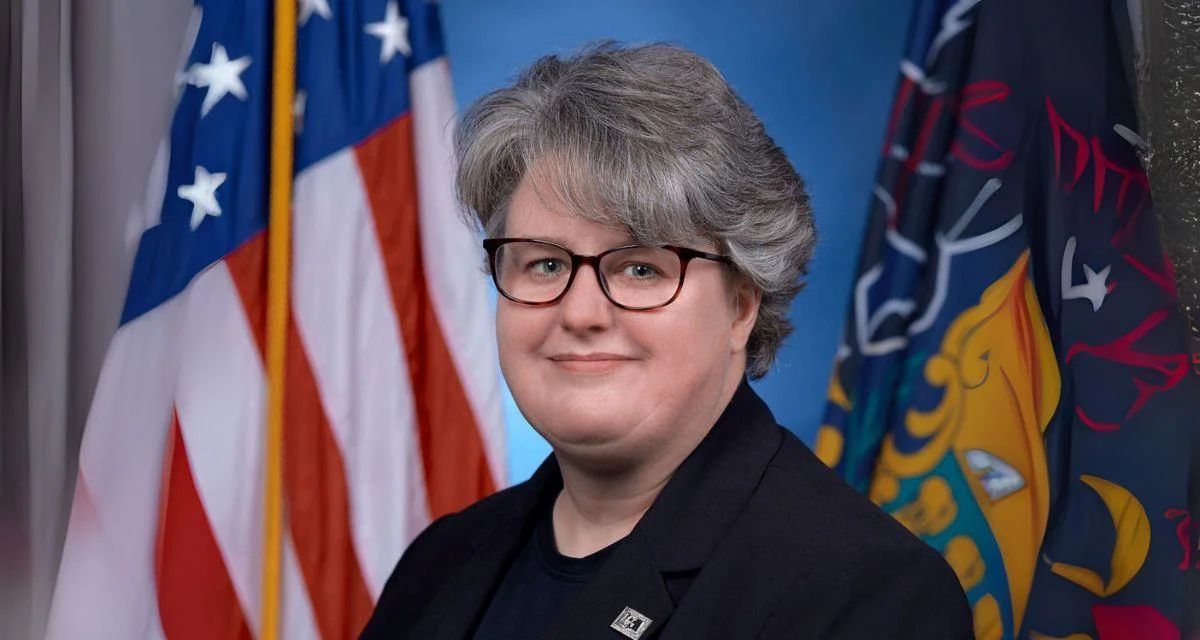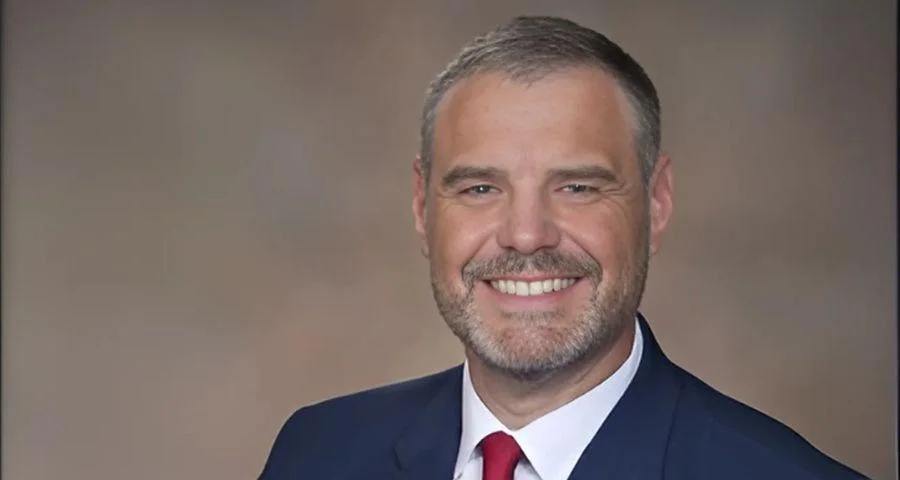
Maria Flynn President & CEO at Jobs for the Future | Jobs for the Future
Jobs for the Future (JFF), a national nonprofit focused on education and workforce systems, has been awarded a $19.5 million grant from Ascendium Education Group to support its Fair Chance to Advance initiative. The program aims to help four states improve pathways to quality jobs for people with criminal records.
The Fair Chance to Advance initiative, which began in 2024 under JFF’s Center for Justice & Economic Advancement, seeks to address barriers such as discriminatory hiring practices and legal restrictions that affect over 70 million Americans with arrest, conviction, or incarceration records. The initiative will help states expand postsecondary education and training in correctional facilities and develop data systems that track educational and employment outcomes after incarceration.
“Fair Chance to Advance is a transformative effort to align states’ education, workforce, and employment systems to expand opportunities for people with records and build strong talent pipelines,” said JFF President and CEO Maria Flynn. “We’re grateful to Ascendium for supporting an initiative that’s rooted in the belief that every person, regardless of their past, deserves a fair chance to access education, quality jobs, and long-term career advancement.”
With the new funding from Ascendium, JFF will organize the first group of Fair Chance to Advance State Action Networks. Over four years, each selected state will receive up to $2.1 million in funding and more than $1.8 million in technical assistance from JFF and the Coleridge Initiative. States will also join a national peer learning network designed to speed up systemic changes already underway.
Cross-sector coalitions within each state—including corrections officials, workforce development professionals, educators, business leaders, and individuals directly affected by the justice system—will work together through this initiative. Their goal is to remove policy barriers, increase learning opportunities inside prisons, and connect people leaving prison with employers who offer fair chances at employment.
“The education, workforce, and corrections systems that should support people as they return to their communities often operate in isolation with little communication or collaboration,” said Lucretia Murphy, vice president of JFF’s Center for Justice & Economic Advancement. “Fair Chance to Advance gives states the tools, resources, and partnerships needed to align those systems and create pathways to economic mobility and lasting change for people with records.”
Molly Lasagna of Ascendium Education Group said: “Ascendium is committed to helping learners with histories of incarceration receive meaningful credentials that lead to career pathways and economic advancement. JFF’s Fair Chance to Advance initiative will build the critical alignment among corrections, postsecondary education, workforce development, and reentry systems to create these opportunities for tens of thousands of learners.”
JFF has opened a request for proposals (RFP) inviting states interested in joining the first cohort of State Action Networks; proposals are due by October 14, 2025. Interested applicants are encouraged to submit a letter of intent by August 26.
More information about how states can apply is available on the FC2A webpage where applicants can find the full RFP document as well as other resources.
The Coleridge Initiative works with governments on secure data sharing platforms aimed at improving public decision-making; its role includes helping build data systems that track educational experiences during incarceration as well as post-release outcomes.
Ascendium Education Group focuses on increasing opportunities for low-income learners through partnerships with organizations working on postsecondary education or workforce training across the United States.






 Alerts Sign-up
Alerts Sign-up